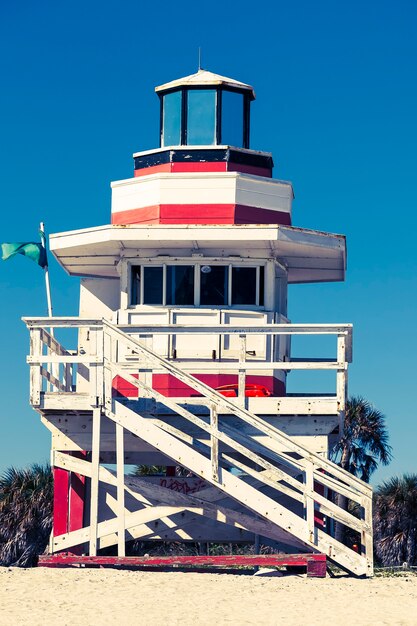
The Mississippi River has long been a symbol of adventure, commerce, and culture in the United States. During the 19th century, it became the heart of a thriving gambling scene that captivated thrill-seekers and fortune hunters alike. This era, often referred to as the Golden Age of riverboat gambling, remains a fascinating chapter in American history.
Riverboat gambling flourished as steamboats navigated the vast waterways of the Mississippi. These floating casinos offered more than just entertainment; they were hubs of social activity where people from all walks of life mingled, placing bets and testing their luck. Luxurious interiors, lively card games, and the promise of fortune made these riverboats iconic symbols of the time.
However, the rise and fall of this unique gambling phenomenon reflect broader shifts in society, law, and transportation. Exploring the origins, peak, and eventual decline of Mississippi riverboat gambling offers a glimpse into the cultural and economic forces that shaped the era. It’s a story of innovation, risk, and enduring legacy.
Famous Mississippi Riverboat Gambling Destinations
The Mississippi River has long been a hub of excitement and adventure, especially during the golden age of riverboat gambling. These floating casinos offered not just games of chance, but also an unparalleled atmosphere of luxury, charm, and entertainment.
From New Orleans to St. Louis, riverboat gambling destinations became synonymous with opulence and the thrill of fortune. Many of these iconic boats remain celebrated in history as legendary venues where high-stakes games and glamorous soirées captivated gamblers and spectators alike.
Iconic Riverboat Gambling Locations
- New Orleans, Louisiana: Often called the crown jewel of Mississippi riverboat gambling, New Orleans was home to several renowned floating casinos. These boats combined Southern hospitality with exciting card games and roulette.
- Natchez, Mississippi: Famous for its grand paddlewheel boats, Natchez became a key destination for gamblers seeking both leisure and luxury on the river.
- St. Louis, Missouri: A bustling port city, St. Louis hosted riverboats that attracted gamblers from across the Midwest, offering a variety of gaming tables and live entertainment.
- Vicksburg, Mississippi: This historic town embraced the riverboat gambling culture, with lavish boats providing top-tier experiences for their guests.
These destinations not only shaped the era of riverboat gambling but also left a lasting legacy that continues to influence the entertainment industry today.
The Decline and Legacy of Riverboat Gambling in the U.S.
The golden age of Mississippi riverboat gambling gradually came to an end as railroads replaced river transport and legal restrictions tightened. By the early 20th century, the era of floating casinos had largely faded, leaving behind a storied chapter in American history.
Despite its decline, the legacy of riverboat gambling endures. These iconic vessels captured the imagination of countless people and left a cultural imprint that can still be felt in modern entertainment, from films and literature to contemporary casino experiences.
The Lasting Impact of Riverboat Gambling
- Cultural Significance: Riverboat gambling was immortalized in books, music, and movies, often symbolizing adventure, risk, and the allure of fortune.
- Revival Attempts: In the late 20th century, some states reintroduced riverboat casinos as stationary or dockside venues, blending nostalgia with modern gaming.
- Tourism and Heritage: Many historic riverboats have been preserved as museums or event spaces, attracting visitors eager to relive a bygone era.
Though the bustling days of riverboat gambling are over, their influence remains an enduring part of America’s cultural and economic fabric. They continue to remind us of a time when the Mississippi River was the heart of adventure and fortune.

